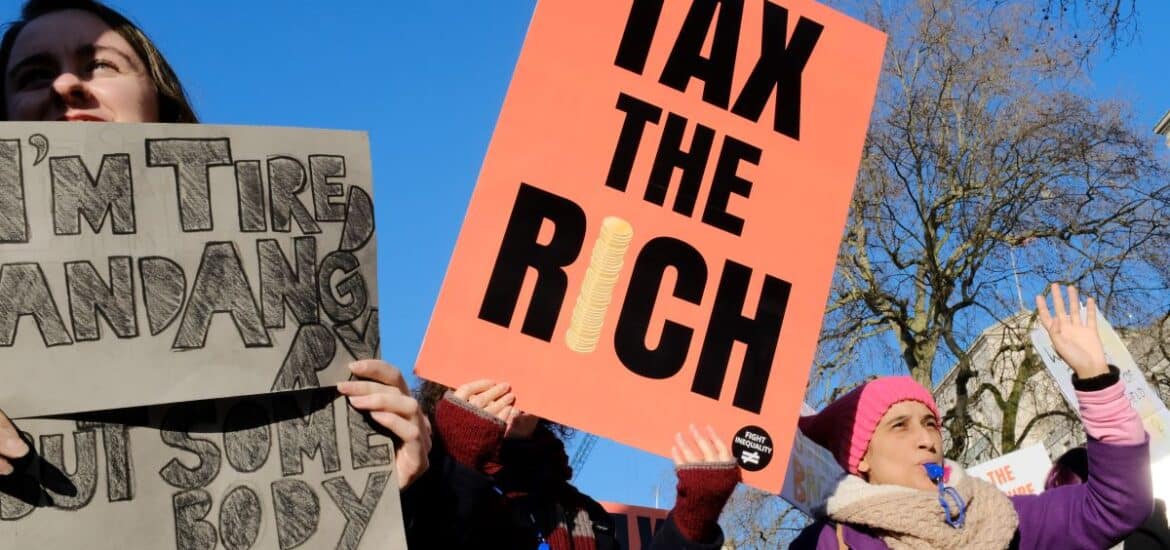The staggering accumulation of $8.5 trillion in untaxed assets by America’s wealthiest has sparked a critical conversation on the need for a billionaire income tax. This revelation highlights the vast economic divide and the pressing need for tax reform to ensure fair contributions from the ultra-rich.
The Wealth Gap Exposed

Recent findings by Americans for Tax Fairness (ATF) reveal a profound wealth disparity in the U.S. The wealthiest Americans, making up less than 0.05% of the population, hold a vast portion of the country’s wealth that remains untaxed.
This disparity underscores the need for tax reforms that ensure fair contributions from all economic strata.
Living Off Untaxed Gains

The ultra-rich, unlike most Americans who rely on income from jobs, often live off the gains from their capital, which may not be subject to tax. Low-cost loans secured against growing fortunes fuel generous lifestyles.
And once inherited, such gains disappear completely for tax purposes. According to ATF analysts Zachary Tashman and William Rice, “the very richest households live lavishly off capital gains that may never be taxed.” This system creates an unfair advantage for the wealthiest individuals.
Unfair Taxation Compared to Most Americans

The disparity in taxation becomes more apparent when comparing the ultra-wealthy to average Americans.
While the bottom 84% of U.S. households have their assets primarily in homes subject to property taxes, the richest Americans have their wealth in businesses and stocks, often escaping federal income tax.
Billionaires’ Low Tax Rates
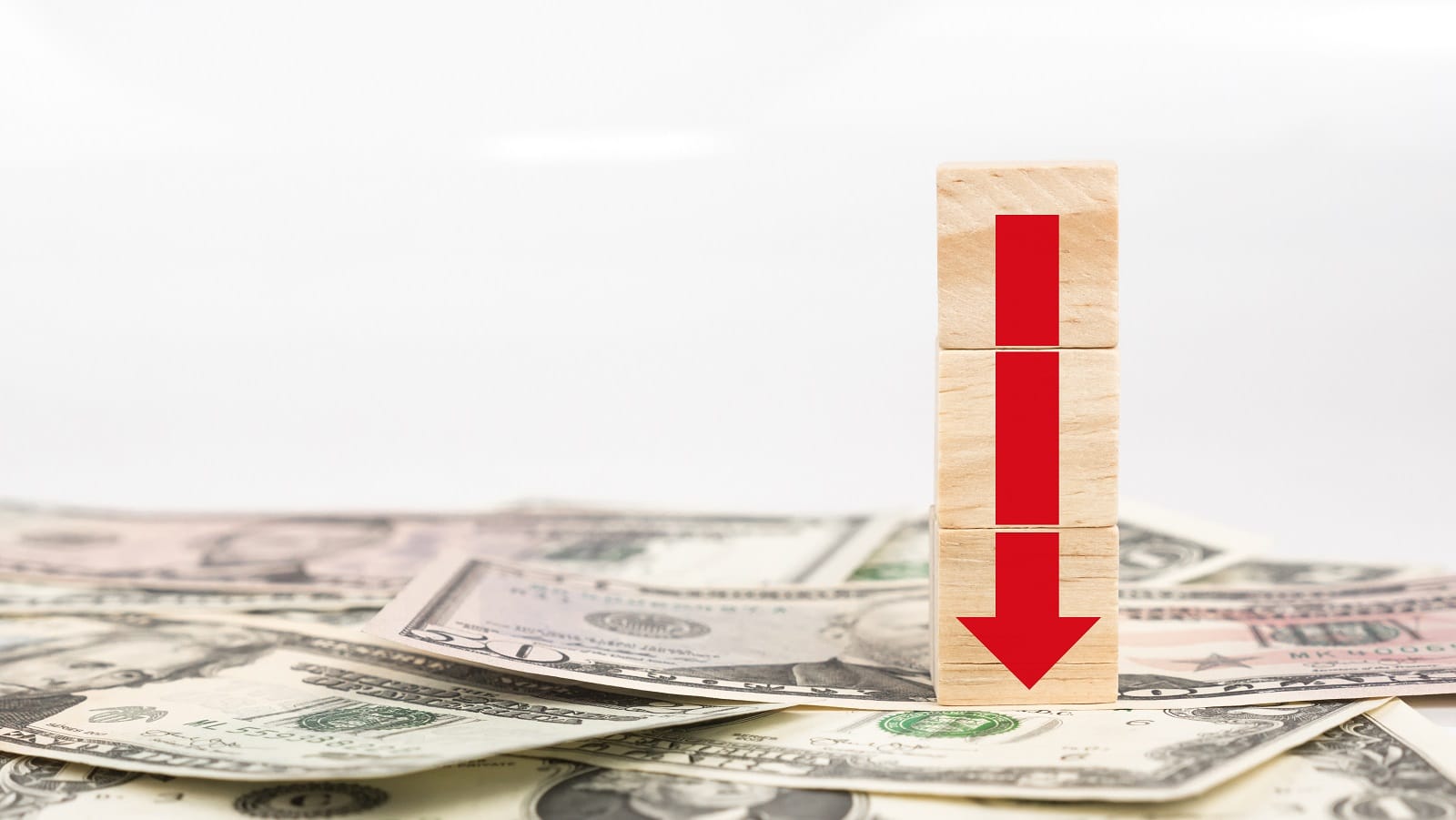
A previous analysis by ATF revealed that leading U.S. billionaires paid an average federal tax rate of just 4.8% between 2013 and 2018.
This rate is significantly lower than what most working Americans pay, highlighting the inequity in the current tax system.
Proposal for a Billionaire Income Tax

Responding to this imbalance, legislative proposals for a billionaire income tax have been introduced.
These proposals aim to tax the tradable assets of the wealthiest individuals, ensuring they contribute their fair share to the economy.
Senate and House Tax Proposals
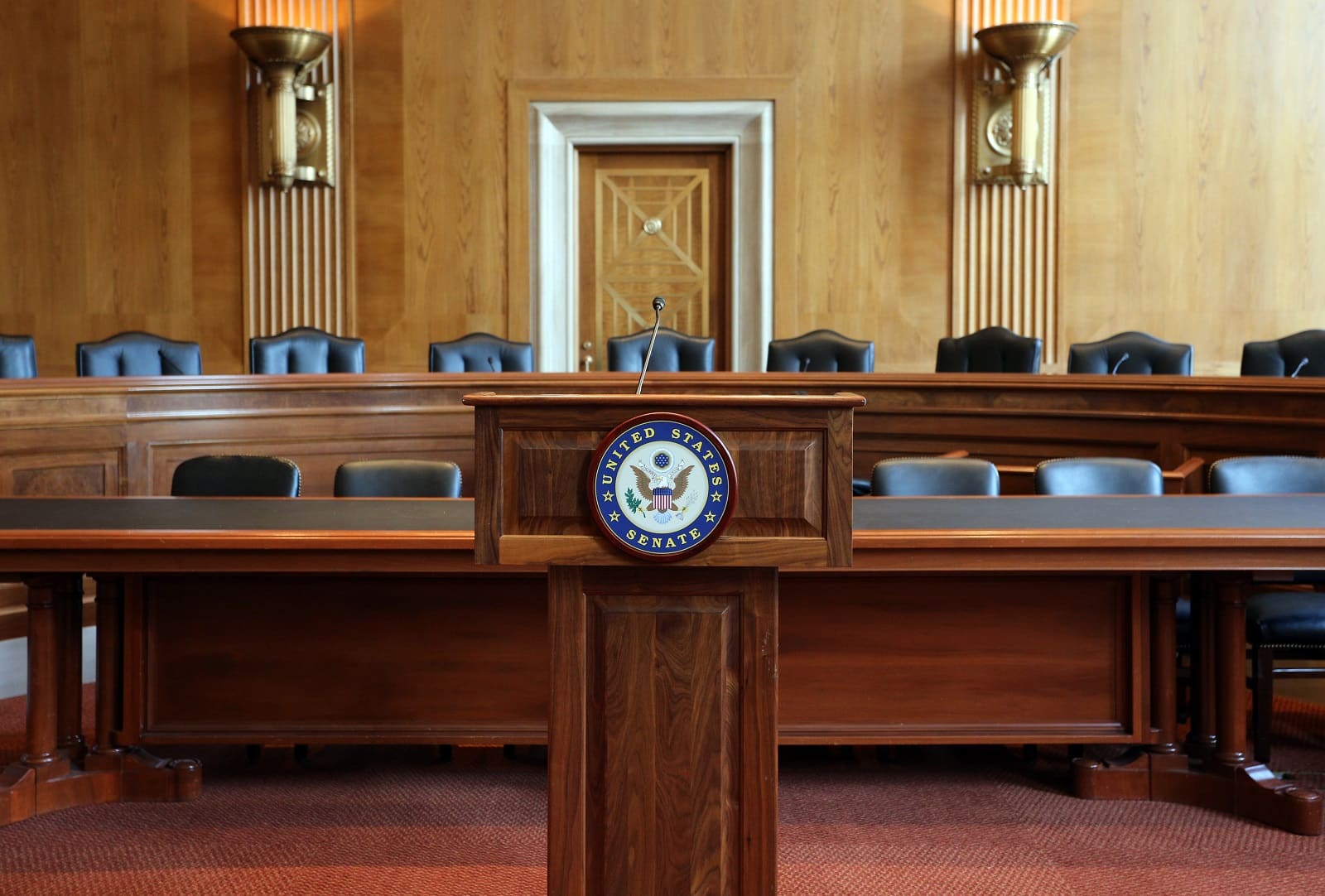
Sen. Ron Wyden’s Billionaire Income Tax proposes taxing individuals with substantial annual incomes or assets, aligning with President Biden’s call for a minimum income tax for billionaires.
This proposal seeks to bridge the tax gap between the ultra-wealthy and the average citizen.
Supreme Court’s Stance on Taxation
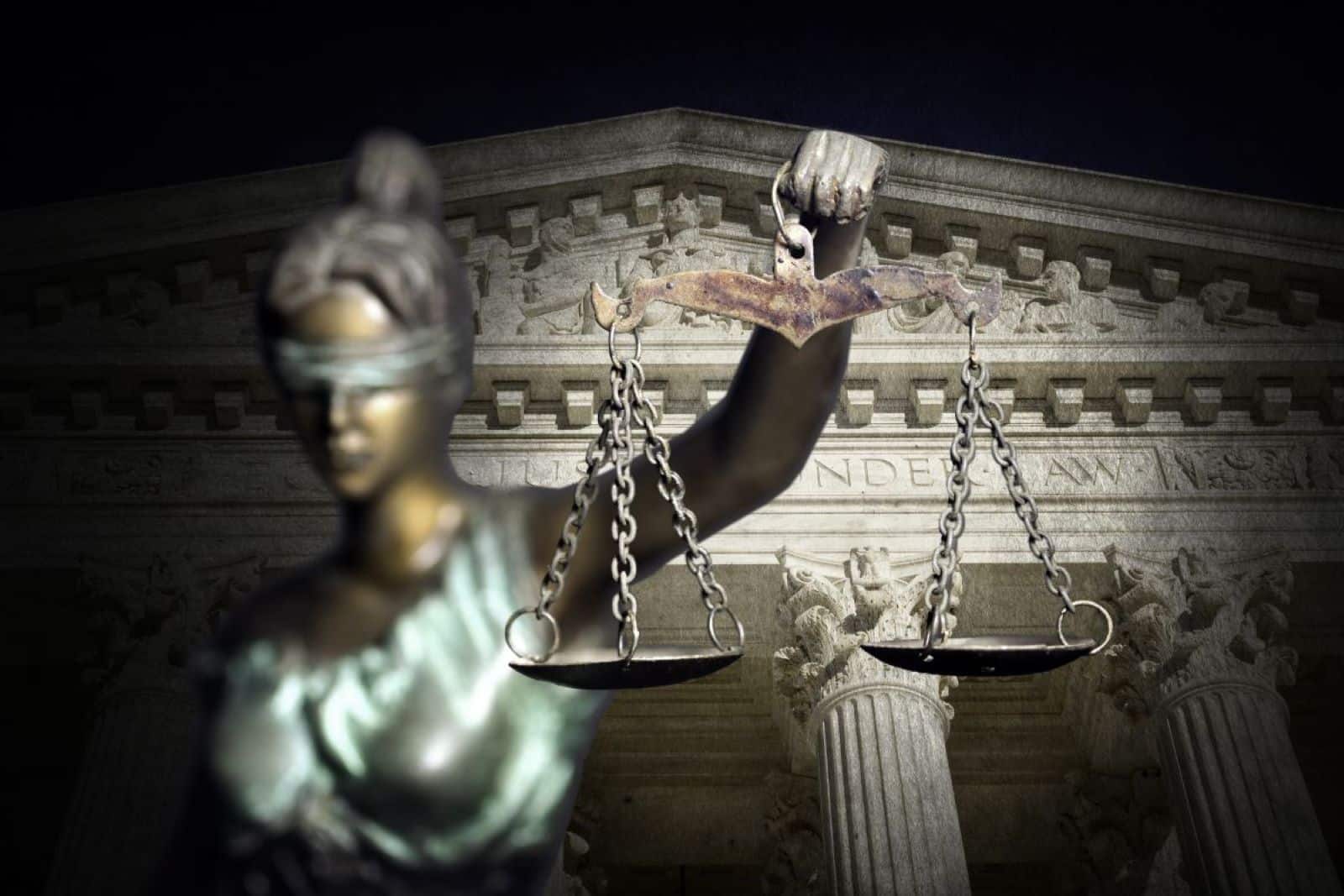
A recent case in the U.S. Supreme Court, backed by right-wing groups, challenged the taxation of unrealized gains.
However, the justices seemed unlikely to issue a ruling that would favor these groups, indicating a potential openness to new forms of wealth taxation.
The Growing Economic Divide

The wealth of America’s billionaires and centi-millionaires has skyrocketed in recent years, partly due to tax cuts for the rich.
This growing divide is detrimental to the economic health and societal cohesion of the nation.
The Increase in Billionaire Wealth
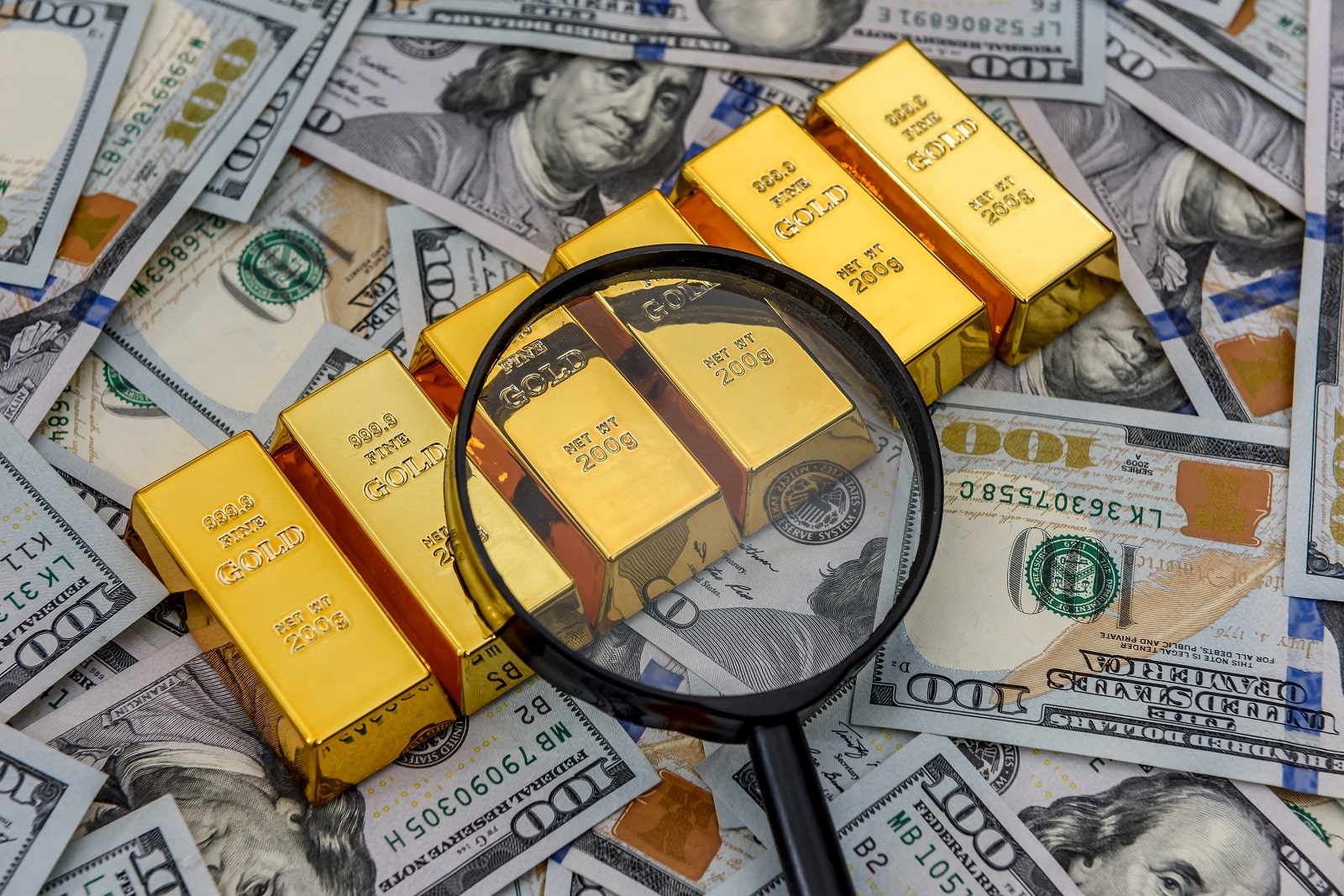
ATF’s analysis points out that the wealth of America’s richest individuals has increased by over $3.2 trillion since 2019, continuing a decades-long trend.
This rise in wealth highlights the urgency of implementing fair taxation policies.
Tax Reforms Needed for Equity
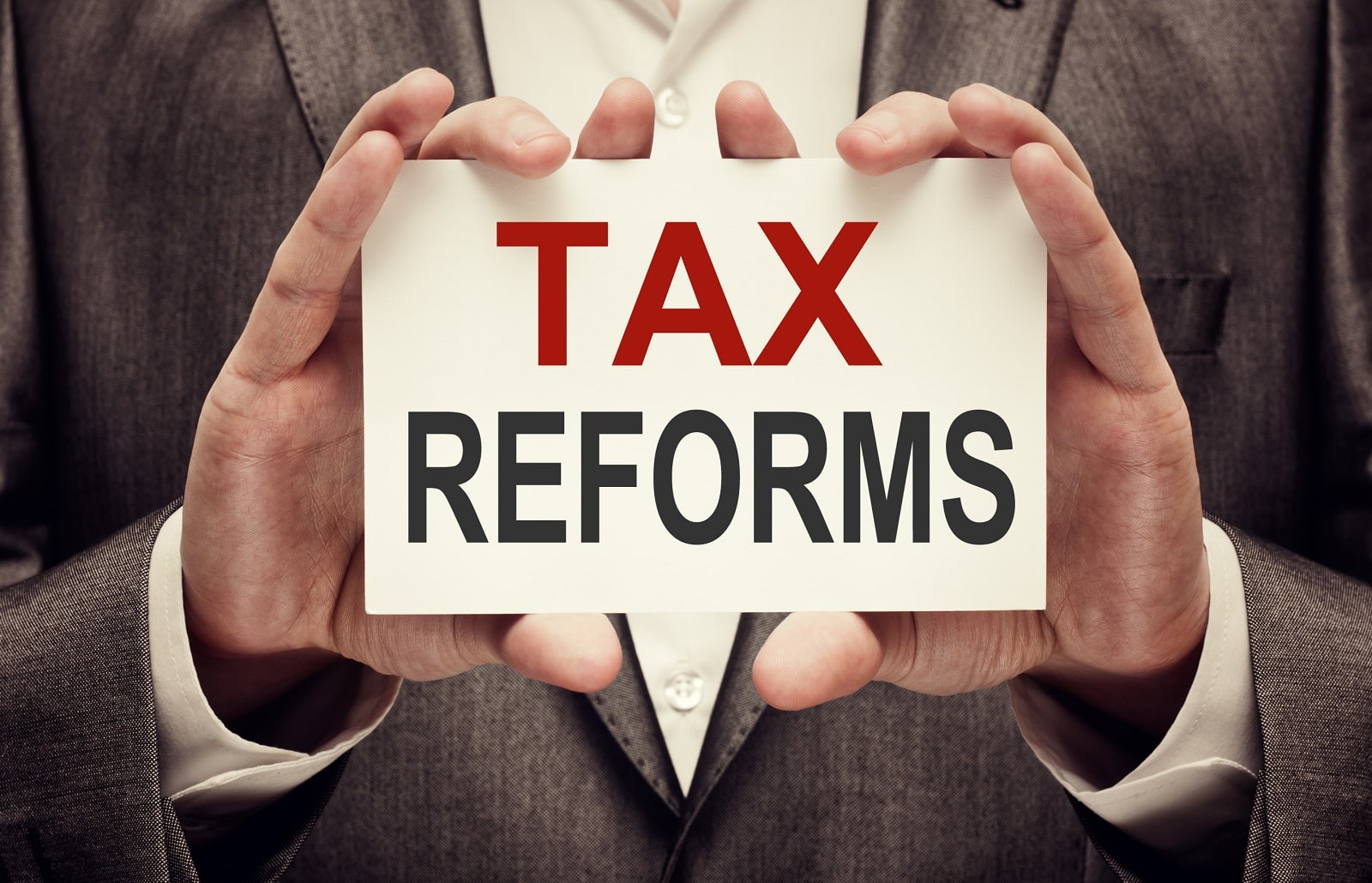
To address the extreme wealth stratification in the U.S., analysts argue for annual taxation of investment gains, similar to how workers’ wages are taxed.
This reform is essential to curb the economic and political power of the wealthiest households.
The Detriment of Untaxed Wealth
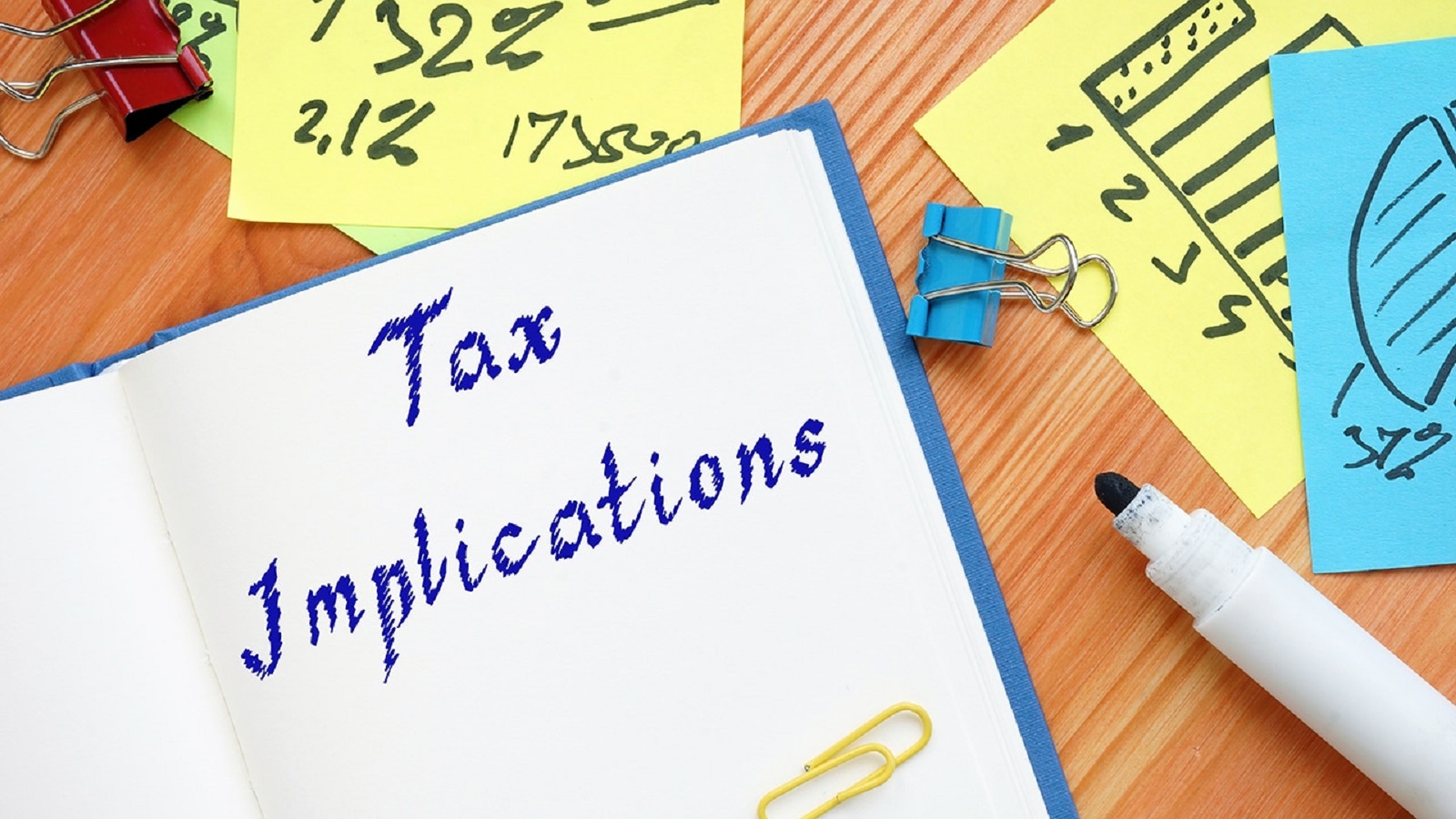
Without significant tax reform, the concentration of untaxed wealth at the top will continue to grow, benefiting only a small fraction of the population.
This trend is harmful to the broader society and undermines the principles of economic fairness.
Impact on Average Americans

The current tax system places a disproportionate burden on the average American while allowing the wealthy to accumulate more wealth.
This disparity affects the financial well-being and opportunities available to most citizens.
Ensuring Fair Contributions
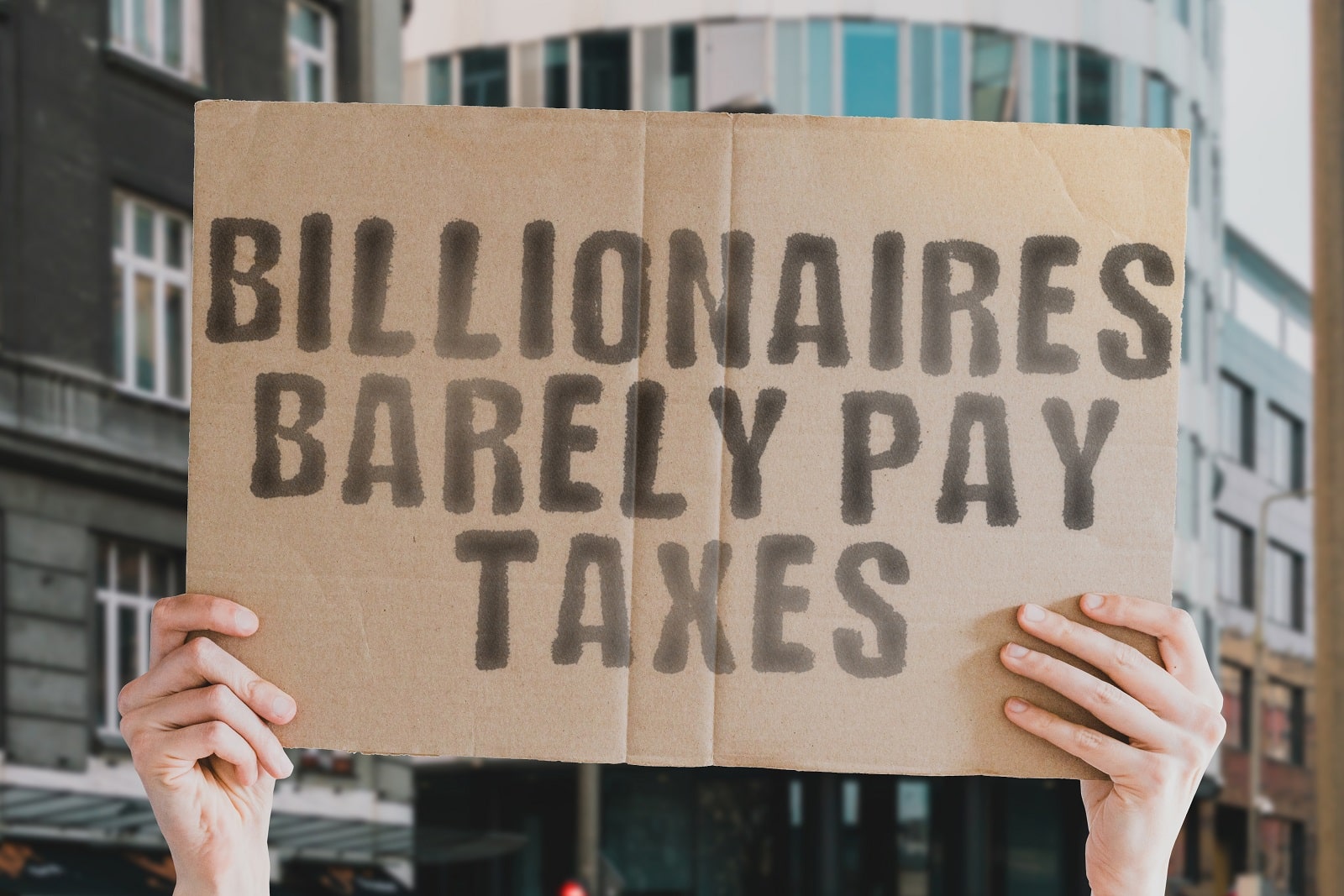
The call for a billionaire income tax is about ensuring that the wealthiest Americans contribute their fair share to society.
This reform is not just about revenue generation; it’s about fairness and economic justice.
The Future of U.S. Tax Policy

As debates continue, the future of U.S. tax policy hangs in the balance.
The decision to implement a billionaire income tax could be a significant step towards reducing economic inequality and building a more equitable society.
Economic Health & Social Justice

The revelation of $8.5 trillion in untaxed assets held by the wealthiest Americans is a clarion call for urgent tax reform. Ensuring that the ultra-rich pay their fair share is crucial for the economic health and social justice of the nation.
As Tashman and Rice warn, “Without this necessary reform to our system of taxation, the growth of untaxed income at the very top of our economy will continue to accelerate, to the benefit of a tiny few and the detriment of everyone else.”
21 States Where Squatters Can Legally Claim Your Property

Discover how squatters’ rights, or adverse possession, are more than just legal jargon—they’re stories of unexpected twists in the world of real estate. From sunny California to the historical landscapes of Pennsylvania, here’s how these laws could turn the tables on homeowners and squatters alike. 21 States Where Squatters Can Legally Claim Your Property
14 Things That Are Banned in the U.S. but Totally Fine Elsewhere

Ever feel like America’s rulebook was written by someone with a dartboard? Across the pond or down under, things get even wackier. Let’s take a walk on the wild side of global “Do’s” that are definite “Don’ts” in the Land of the Free. 14 Things That Are Banned in the U.S. but Totally Fine Elsewhere
25 American States Nobody Wants to Visit Anymore

Across the United States, some states capture the hearts and itineraries of many, while others remain quietly on the sidelines, overshadowed or misunderstood. These 25 states, facing what you might call a popularity crisis, are brimming with hidden wonders, cultural riches, and natural beauty, awaiting those willing to look beyond the usual tourist trails. 25 American States Nobody Wants to Visit Anymore
20 Foods That Are Cheaper to Eat Out Than Making at Home

In a world where convenience often wins, certain culinary delights come with a lower price tag when enjoyed at a restaurant rather than crafted in your own kitchen. Here are twenty foods that might save you both time and money when indulged in at your favorite eatery. 20 Foods That Are Cheaper to Eat out Than Making at Home
17 Things You’re Paying For, but You Don’t Have To

In the land of the free, there’s a price tag on everything, but savvy Americans know better than to open their wallets for just anything. Here are 17 expenses you’ve been shelling out for without realizing there’s a cheaper or even free alternative. 17 Things You’re Paying For, but You Don’t Have To
The post How Billionaires Escape Taxes on $8.5 Trillion first appeared on From Frugal to Free.
Featured Image Credit: Shutterstock / BradleyStearn.
The content of this article is for informational purposes only and does not constitute or replace professional financial advice.
